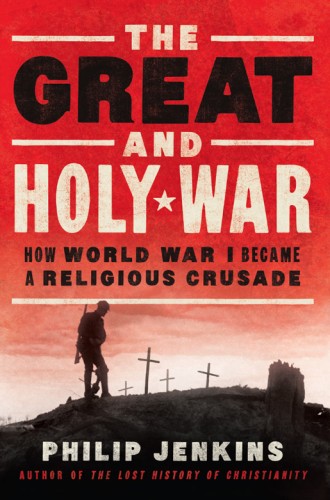Christians killing Christians
In this centennial of the beginning of the Great War, citizens, scholars, artists, and politicians will set aside time, measure out words, and use painting, sculpture, and film to recall the four years of ferocious violence that shaped the modern world. This is both good and important.
It is good because the Great War has too long been overshadowed—especially in the United States—by the still greater war that came along two decades later. It is important because the lessons of the Great War are both more enduring and more applicable to our current religio-political moment than those that emerged from the mid-century struggle against expansionist totalitarianisms.
For many, the lessons of the Great War revolve around accidents of history and their ability to warp the noblest of intentions. For others these lessons pertain to the interconnectedness of “progress” and barbarity. Still others see the Great War as a case study in the waste that governments and industry are willing to generate in pursuit of power and wealth.





